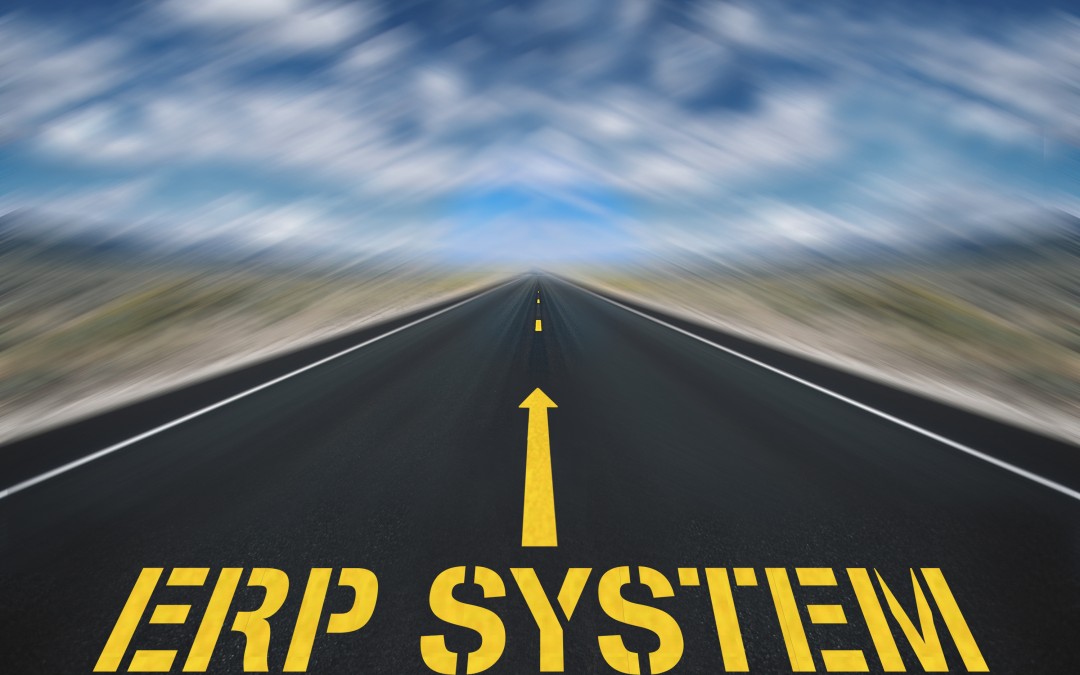 ERP systems have been with us now for many years, offering the promise of greater efficiencies, transparency into organizational data, and enhanced reporting. They’re used in manufacturing, technology, warehousing, and shipping, and in many other industries that thrive on the smart use of business data.
ERP systems have been with us now for many years, offering the promise of greater efficiencies, transparency into organizational data, and enhanced reporting. They’re used in manufacturing, technology, warehousing, and shipping, and in many other industries that thrive on the smart use of business data.
Like any field, ERP is also evolving beyond its initial strengths. As more companies adopt Sage 100, Acumatica Cloud ERP and other ERP packages, they learn through trial and error what is needed beyond what the basic package offers. These needs drive changes in the ERP software industry, which in turn fuel trends that we as companies see when purchasing or adding to our ERP systems.
The following are recent ERP trends seen throughout many businesses using these systems.
- Demand for modular systems: Basic ERP packages support accounting, finance, and similar business needs. Modular systems enable businesses to integrate other packages into their basic ERP system. Human resources and human capital management, barcoding software for warehouses, and integration with e-commerce platforms have all created new packages that can be added to many ERP systems for a modular, add-what-you-need approach.
- Cloud ERP: Cloud-based ERP isn’t something from science fiction. It’s here to stay. Cloud computing offers so many advantages and few disadvantages. You get more powerful computing power, better security, enhanced access—the list goes on. Cloud-based ERP, like Acumatica, will continue to thrive in the ERP sector.
- Mobile: Mobile ERP offers access to your entire ERP system where there’s an internet connection, making it easier to take your system on the go with you whether you’re visiting a supplier, a warehouse, a customer location or working from home.
- BYOD: Because cloud-based ERP systems can run on any device that can access the internet, more companies are supporting BYOD or bring your own device policies in the workplace. In years past, BYOD was impossible to support because multiple versions of the same software would have to be purchased, installed, and maintained on numerous devices. Now, cloud-based systems run on any web interface. BYOD is becoming the norm in some companies.
- Data as a competitive advantage: Data has always been an important tool in a business’ growth arsenal, but now it takes on a leading role as a competitive advantage. Data used to fuel insights, business plans, strategies, and corporate growth is the hottest “trend” in the business world. Accessing, reporting, and understanding your company’s data and using it in conjunction with key economic and industry data reports can provide you with an essential competitive edge.
“Intelligent” ERP in the Future?
The rise of automation and artificial intelligence throughout many areas of computing may impact ERP in the future. New, smart “ERP” systems that learn as they go may be the next generation in the business world.
Many global technology companies are improving their artificial intelligence systems with each passing data. These newer systems can parse large databases easily and efficiently, process multiple document formats via scanning and linguistic recognition, and come up with intelligent conclusions based on what they perceive and read.
Such systems are still in the future. But given the advances throughout many industries, intelligent ERP is likely somewhere in our future.
Accounting Systems Incorporated (ASI)
Whether you own a small business or a growing mid-sized company, Accounting Systems Incorporated can help you find the right ERP software for your needs. Sage 100, Acumatica Cloud ERP and other software for businesses provides robust accounting and financial support with many additional features. For more information, please contact us today.

